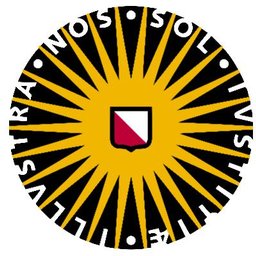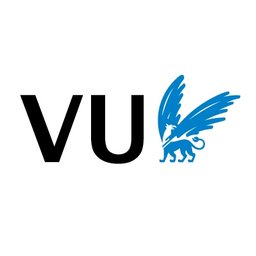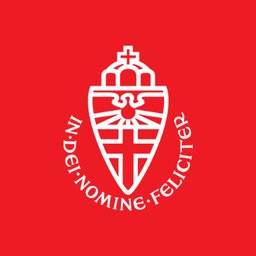Workplace emissions are changing. Despite the public health relevance of infectious diseases, the occupational safety and health (OSH) and exposome research communities have traditionally paid limited attention to biological factors. The COVID-19 pandemic underscored the importance of protecting workers from exposure to bioaerosols, revealing a clear lack of risk assessment tools for OSH professionals. In this project, we aim to develop a 'Biological Exposome' risk model for the workplace using a layered approach, moving from qualitative to quantitative risk assessment.
Your job
Throughout the process, we will apply a range of molecular methods to analyse biological agents and characterise exposure. Our ultimate goal is to understand how these new methods can be integrated into routine occupational hygiene practices and to validate the resulting risk models.
The project will be conducted in sectors where exposure to biological agents is likely and where ongoing transitions such as shifts in agriculture, food and protein production, and more circular production systems are affecting exposure dynamics. The primary focus will be on the agri-food sector, including primary production sites, slaughterhouses, soy and grain processing plants, and animal feed and food production facilities.
Your responsibilities will include:
- collecting air samples and nasal swabs from workers at participating companies;
- coordinating laboratory work to identify a relevant selection of biological agents in these samples;
- analysing the data and disseminating findings through scientific publications and presentations.
Your qualities
- You have a Master’s degree in Biomedical Sciences, Molecular Biology, Epidemiology, One Health, Health and Environment, or a closely related Life Sciences field.
- You have affinity for environmental sampling, molecular biology, and statistics.
- Strong communication skills, enthusiasm, and creativity are essential for fitting in with our collaborative and dynamic research team and our external stakeholders.
- You have a creative mindset and strong technical insight.
- You have practical experience with sample collection and/or laboratory work.
- You are proficient in statistical methods and the R programming language.
- You have a background in or hands-on experience with microbiological and molecular biology techniques.
- You have an excellent command of English (written and spoken); Dutch language skills are an asset.
- You have a valid driving licence.
Our offer
- A position for one year, with an extension to a total of four years upon satisfactory performance;
- a working week of 32 to 40 hours and a gross monthly salary between €2,901 and €3,707 in the case of full-time employment (salary scale P under the Collective Labour Agreement for Dutch Universities (CAO NU));
- 8% holiday pay and 8.3% year-end bonus;
- a pension scheme, partially paid parental leave and flexible terms of employment based on the CAO NU.
In addition to the terms of employment laid down in the CAO NU, Utrecht University has a number of schemes and facilities of its own for employees. This includes schemes facilitating professional development, leave schemes and schemes for sports and cultural activities, as well as discounts on software and other IT products. We also offer access to additional employee benefits through our Terms of Employment Options Model. In this way, we encourage our employees to continue to invest in their growth. For more information, please visit Working at Utrecht University.
About us
A better future for everyone. This ambition motivates our scientists in executing their leading research and inspiring teaching. At Utrecht University, the various disciplines collaborate intensively towards major strategic themes. Our focus is on Dynamics of Youth, Institutions for Open Societies, Life Sciences and Pathways to Sustainability. Sharing science, shaping tomorrow.
At the Faculty of Veterinary Medicine we train the veterinarians and researchers of the future, provide care for animals and conduct leading and societal relevant research. That is what we are good at. We see that the health and welfare of animals, humans and the environment are interconnected. By sharing our knowledge and working together, we make positive impact, both nationally and internationally. Our 1,500 students and 950 staff members inspire and strengthen each other. Our engagement connects us. The drive to, from an integral perspective, make the world a better place.
More information
For more information, please contact Prof. dr. Lidwien Smit at [email protected] or +31 30 253 86 96.
Candidates for this vacancy will be recruited by Utrecht University.
Apply now
As Utrecht University, we want to be a home for everyone. We value staff with diverse backgrounds, perspectives and identities, including cultural, religious or ethnic background, gender, sexual orientation, disability or age. We strive to create a safe and inclusive environment in which everyone can flourish and contribute.
To apply, please send your curriculum vitae, including a letter of motivation, via the ‘apply now’ button.


